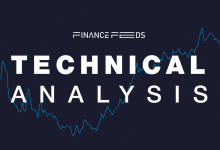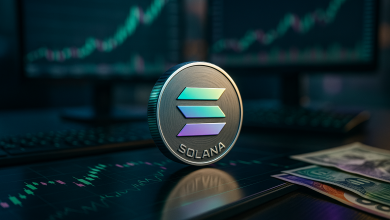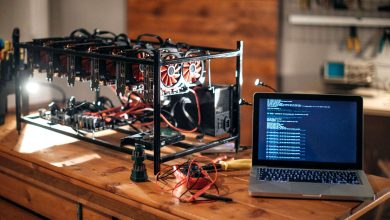Metro Bank Quietly Settles Coin-Counter Software Dispute With U.S. Vendor Arkeyo


Metro Bank has drawn a line under a long-running fight over the software that powered its in-branch coin-counting machines, reaching a confidential settlement with U.S. supplier Arkeyo days before a High Court hearing was due to begin in London.
Finextra first reported the deal, which closes a case that had threatened to drag the bank into another bruising courtroom battle. The terms were not disclosed. “Solid foundations for stronger growth,” senior independent director Jonathan Moulds said in a separate board statement this week, underscoring the desire to remove distractions ahead of Metro’s investor reset.
Arkeyo had been since 2010 for the “Magic Money Machine,” the kid-friendly kiosks that counted loose change and credited accounts on the spot. The set-up, paired with Cummins-Allison hardware, became one of Metro’s most visible branch novelties.
By 2016, however, Arkeyo alleged that Metro was meeting with rival consultancy Saggezza about how to “duplicate the Arkeyo software.” According to filings, Saggezza even asked Metro for a touchscreen PC running Arkeyo’s program. Metro denied wrongdoing.
Arkeyo’s litigation campaign spanned two continents. It sued Metro in U.S. federal court in Pennsylvania in 2017, with Judge Anita B. Brody presiding, and separately pursued Saggezza in Illinois. In 2021, the Illinois court refused to throw out Arkeyo’s trade-secret and copyright claims, allowing the case to proceed.
In parallel, Arkeyo had once sued Cummins-Allison itself. In that case, a judge noted the software had been posted on Arkeyo’s own website—an episode that complicated the firm’s arguments about secrecy.
The UK chapter opened in 2022 when Arkeyo brought its claims to London. Ahead of the scheduled 17 September 2025 hearing, its solicitors at Helix Law publicised a £14.7 million damages figure and pitched their use of tech to cut disclosure costs. The Bank of England had also looked into whistleblower complaints around the code in 2024, though no enforcement action was announced.
Arkeyo, a small U.S. vendor, still markets turnkey coin-counting programs for banks and retailers. Metro, launched in 2010 as the UK’s first new high-street bank in a century, built its ahead brand on colourful branches, dog-friendly policies and the Magic Money Machine. More recently it has been under pressure: a 2019 capital mis-calculation drew regulatory fines, and in 2023 a £925 million rescue handed control to Colombian investor Jaime Gilinski.
Saggezza, the consultancy accused of receiving access to the code, was acquired by Infostretch in 2021. The merged group rebranded as Apexon in 2022. It has .
Helix Law, a Brighton practice, represented Arkeyo in the UK and had been vocal about disclosure reforms and the claimed damages before the settlement was struck.
Confidential settlements are routine in London’s commercial courts. By cutting a deal, Metro avoids a public airing of its internal IT correspondence and engineering records. Arkeyo sidesteps the risk of another ruling questioning whether its secret.
For Metro, the timing is convenient. Having plugged a capital hole, reshaped its shareholder base and worked through a string of regulatory probes, eliminating a legal overhang assists tidy its narrative for supervisors and investors. The central have not said whether their review of the coin-counter issue is closed.
The broader lesson is that a novelty once central to Metro’s retail charm a decade of litigation on both sides of the Atlantic. With the settlement inked, the Magic Money Machine may finally slip quietly into history—without the spectacle of a courtroom showdown.







